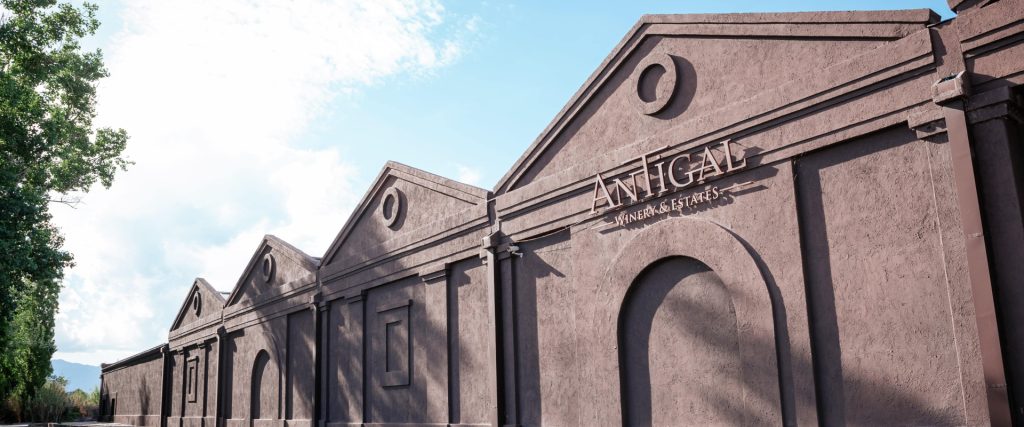Antigal’s premium wines are exported to over 60 countries across the world and in just over 18 years – since they released their first wine, UNO, in 2005 – the winery’s commercial strategy has evolved to expand their markets and reaffirm their commitment to sustainability and continuous innovation.
The company’s story begins in the year 2000 with an old winery first built in 1897 in Maipú, Mendoza. When the project began, the original building, built in a neo-renaissance style, had giant vats with a capacity for 5 million liters of wine.
Today, the winery has two large vineyards in the Uco Valley – one in Gualtallary, the other in Tupungato – and the infrastructure and winemaking facilities have been entirely rebuilt in order to produce the elegant wines responsible for the enterprise’s impressive growth.
Antigal: from Argentina to over 60 countries
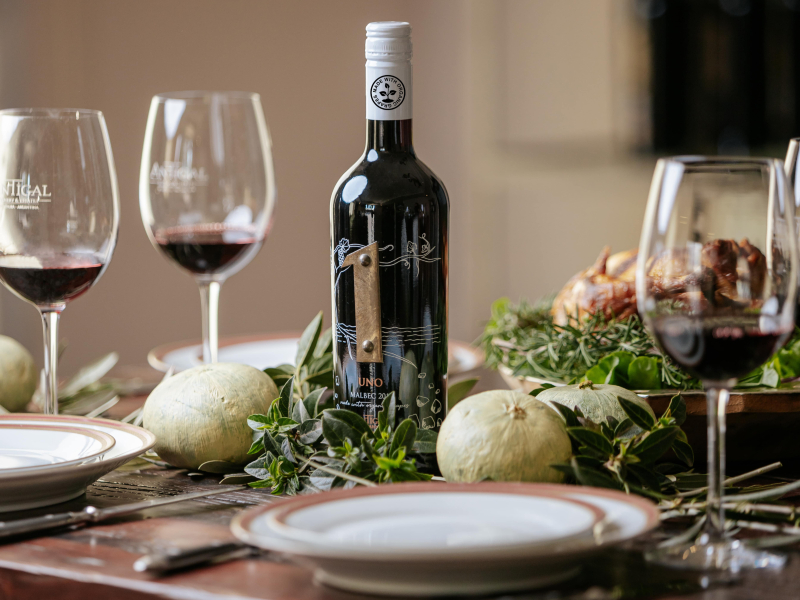
Alessandra Cartoni, the CEO at Antigal, looks back over some of the landmarks of the winery’s history: “Our intention from the beginning was to preserve our heritage, but we were always focused on producing high-end wines. One of the first reforms we implemented was to remodel those vats, which started to be used for other things. And so, our output was reduced to 1.4 million liters of premium wines.”
They also fine-tuned the process for tracking grapes from vineyard to winery to ensure maximum quality and a true expression of their place of origin. However, the work wasn’t just focused on high standards among their different lines, it also incorporated sustainable policies, developing wine-tourism facilities and increasing exports.
“In our early years, we only exported to the USA, which was our biggest market. Around 2016 we changed our strategy and started to sell to the rest of the world, as well as domestically. Today we can proudly say that we have a presence in over 60 countries,” says Cartoni.
Sustainability, much more than adding value to wines.
To meet the requirements of external markets, since 2016 Antigal has earned a range of certifications: ISO 22000 (which applies to food safety throughout the supply chain); FSSC 22000 (another food safety certificate) and social responsibility-oriented Meta certifications.
This policy is accompanied by other initiatives such as the launch of a new edition of their #1 Malbec made with organic grapes, vegan certification for their UNO and Aduentus lines, and adherence to the Bodegas Argentinas Sustainability Protocol.
“Markets are always raising their requirements, so sustainability isn’t just added value, it’s a necessity.”
The breadth and variety of the Antigal portfolio
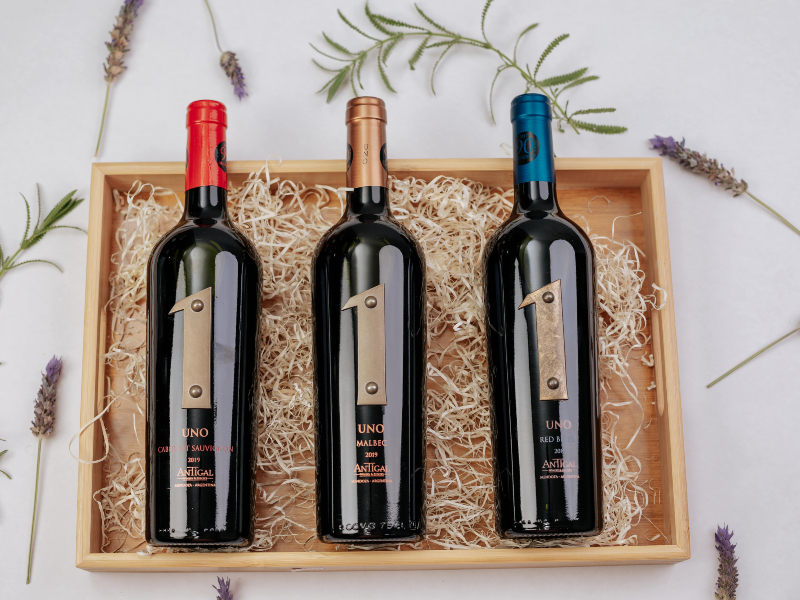
The winery’s flagship line began with a Malbec and was later joined by a Cabernet Sauvignon and a Red Blend. It then launched a Sauvignon Blanc, a Chardonnay, a Rosé and an organic Malbec.
“UNO begins with aesthetics, which it then backs up with wonderful quality and a balance between fruit and wood. These unique characteristics are thanks to the work of Miriam Gómez, our oenologist,” says Cartoni.
UNO: visual impact and quality
The line is complemented by the Platinum Edition: limited editions from just a hundred barrels. At the moment, it includes a 100% Malbec, and a 100% Cabernet Franc, while a high-end Chardonnay is coming soon.
What’s the secret? “Plenty of precise work, and a lot of selection: one plant to a bottle. The wine then spends 24 months in barrels and another year in the cellar,” says the CEO.
ONE: the Single Vineyard limited edition
Seeking wines that express the essence of the winery and the character of the Mendoza terroir, two Uco Valley Single Vineyards have been launched, a 100% Malbec from Gualtallary and another from Tupungato with a dash of Cabernet Franc.
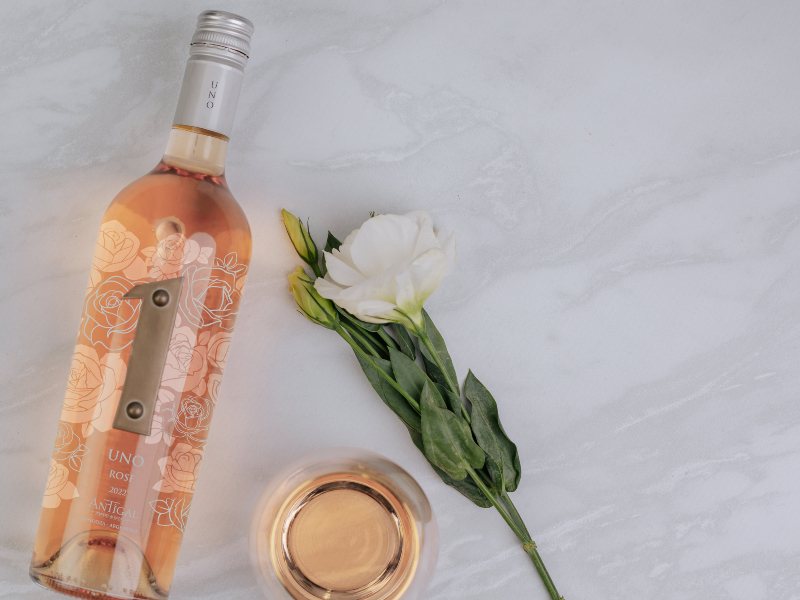
Aduentus: super premium blends
The name of this line means “new arrival” in Latin, and is distinguished with an anchor design on the label. Aduentas features a Bordeaux blend of Cabernet Sauvignon, Malbec and Merlot; another of Tempranillo, Syrah and Malbec, and a third of Petit Verdot, Cabernet Franc and Malbec.
Forthcoming projects include the launch of a white blend and two varietals, a Malbec and a Cabernet Sauvignon, under the Aduentus brand.
The CEO goes on to share his thoughts about the future of Argentine wine: “Argentina has managed to position itself in the world through Malbec, but we must also show that we can make it in different ways, from different terroirs, etc. The country is more than Malbec, it has plenty to offer with its whites, other reds and new regions.”
Fine dining and wine tourism
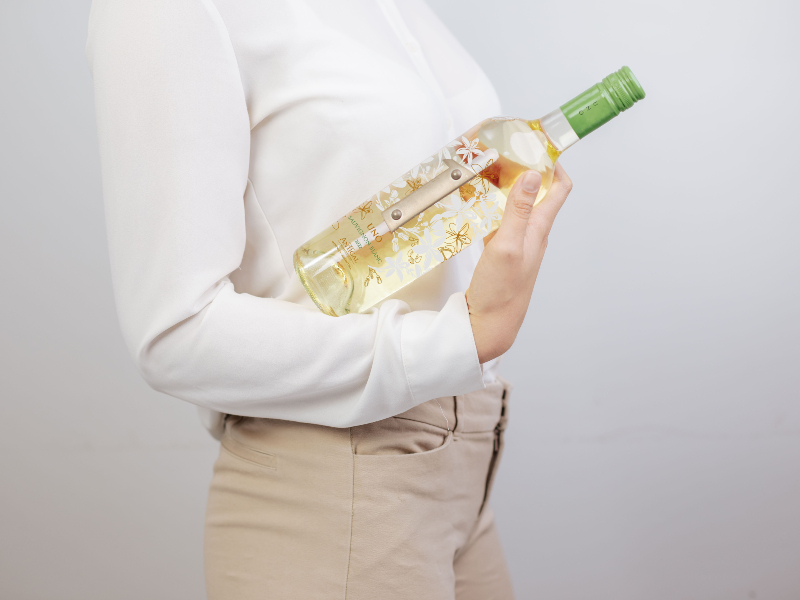
Within the next few months, Antigal will be opening an exclusive restaurant next door to the winery with large windows and a design that harmoniously combines the old and the new.
“We’re going to offer a succinct menu of dishes made with ingredients from small producers across Maipú. We’ll also serve tapas to be enjoyed with the winery’s wines and wine-based cocktails. Our goal is to promote Maipú and the Wine Routes, so we’ve added winery tours, tastings in the cellar and tasting rooms, and we can also organize tailor-made experiences. Soon we’ll be offering picnics and other open-air activities.”

